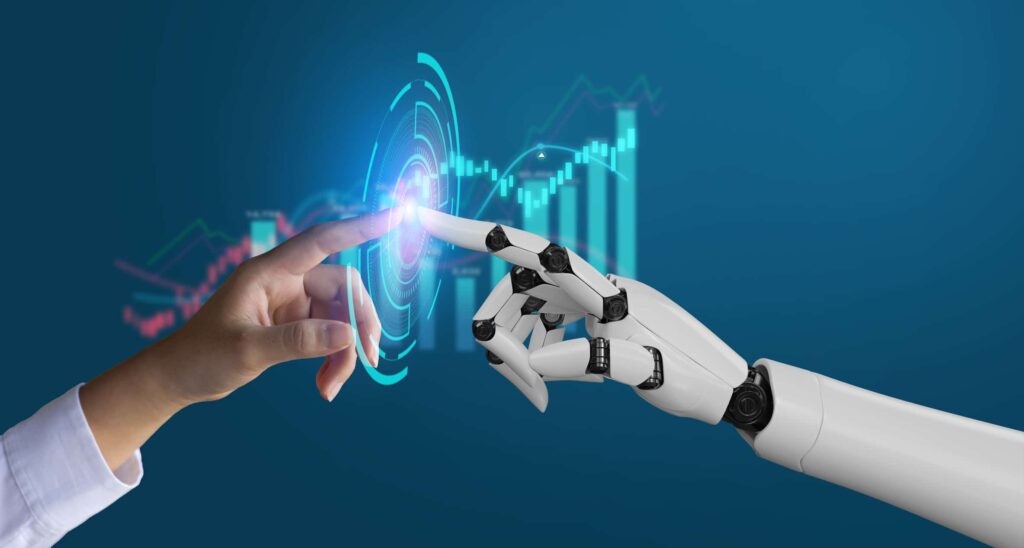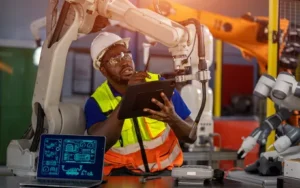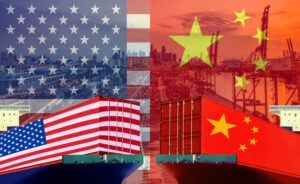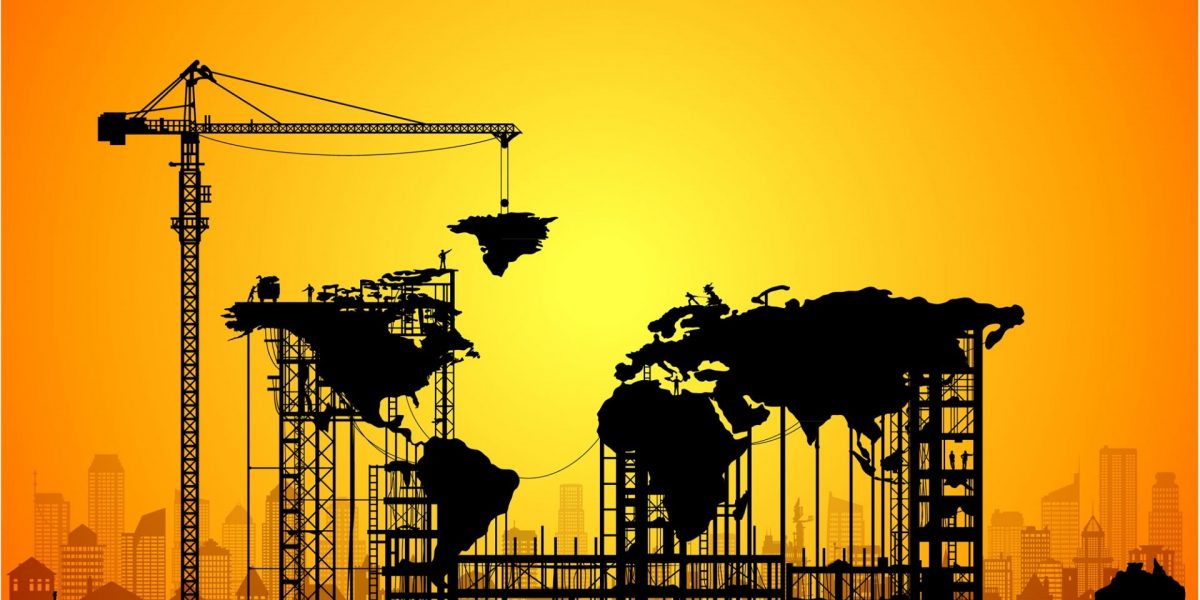From Chaos to Code: How AI Is Revolutionizing African Industries

In a continent historically defined by paradox—extraordinary potential amid systemic constraints—Africa is now standing at the precipice of a digital rebirth. At the heart of this shift lies artificial intelligence (AI): no longer a futuristic concept reserved for Silicon Valley, but a quiet force transforming how African economies work, solve, and scale.
This is not a tale of tech for tech’s sake. This is a story of precision where there was once unpredictability, of insight where there was once guesswork. From agriculture to banking, healthcare to education, AI is not just improving Africa’s industries—it’s rewriting them entirely.
1. Agriculture: From Weather Woes to Data-Driven Harvests
In many parts of Africa, farming remains vulnerable to climate shocks, pests, and outdated methods. But AI is changing that, fast. Startups like Aerobotics in South Africa and Zenvus in Nigeria are deploying AI-powered drones and sensors to monitor crop health, predict disease outbreaks, and optimize irrigation.
With precision agriculture, farmers are now able to:
- Predict yields more accurately
- Reduce pesticide use
- Prevent post-harvest losses
- Get real-time weather analytics
It’s not just innovation—it’s resilience, at scale.
2. Fintech: Banking the Unbanked with Machine Learning
Financial exclusion has long haunted the continent’s informal economy. But AI is bridging the gap between the unbanked and financial institutions.
Through machine learning, fintech platforms like M-Pesa, Flutterwave, and Carbon assess creditworthiness based on non-traditional data—such as mobile phone usage, transaction history, and social behaviors—giving millions access to microloans, savings accounts, and insurance.
AI is also transforming fraud detection and compliance systems, making financial systems smarter and more secure, even in rural or politically unstable regions.
3. Healthcare: Diagnosing the Undiagnosed
The shortage of medical professionals across Africa has created massive diagnostic delays and preventable deaths. Now, AI is stepping in as a powerful triage tool.
AI platforms like Zipline’s medical drone delivery service and Babyl Rwanda are using algorithms to:
- Diagnose diseases through image recognition
- Predict health trends in rural populations
- Enable faster emergency response via logistics AI
This is not just about efficiency—it’s about equity in healthcare.
4. Education: Personalizing Learning in the Digital Desert
In communities where textbooks are rare and classrooms are overcrowded, AI is enabling hyper-personalized learning.
Edtech solutions like uLesson and M-Shule are using adaptive AI systems to:
- Customize curriculum to individual student pace
- Deliver lessons via mobile
- Translate educational content into local languages
- Track learning patterns to intervene early
In the process, children once left behind are now leaping ahead—with dignity and data at their side.
5. The Ethical Frontier: Opportunity Meets Responsibility
With great power comes great responsibility. The use of AI in Africa must walk hand-in-hand with:
- Data privacy laws
- Cultural sensitivity
- Localized AI training models
- Inclusion in policy decision-making
If left unchecked, the very tools meant to liberate could reinforce inequality. But with responsible leadership, Africa has the chance to leap—not crawl—into a digitally sovereign future.
Conclusion: Code is the New Currency
Africa is no longer waiting to be invited to the digital table—it’s building its own. From Nairobi’s Silicon Savannah to Lagos’ fintech boom, a new narrative is emerging—one powered by code, driven by context, and rooted in purpose.
AI won’t fix everything. But it’s turning chaos into code—and coding a future where Africa defines its own destiny.




